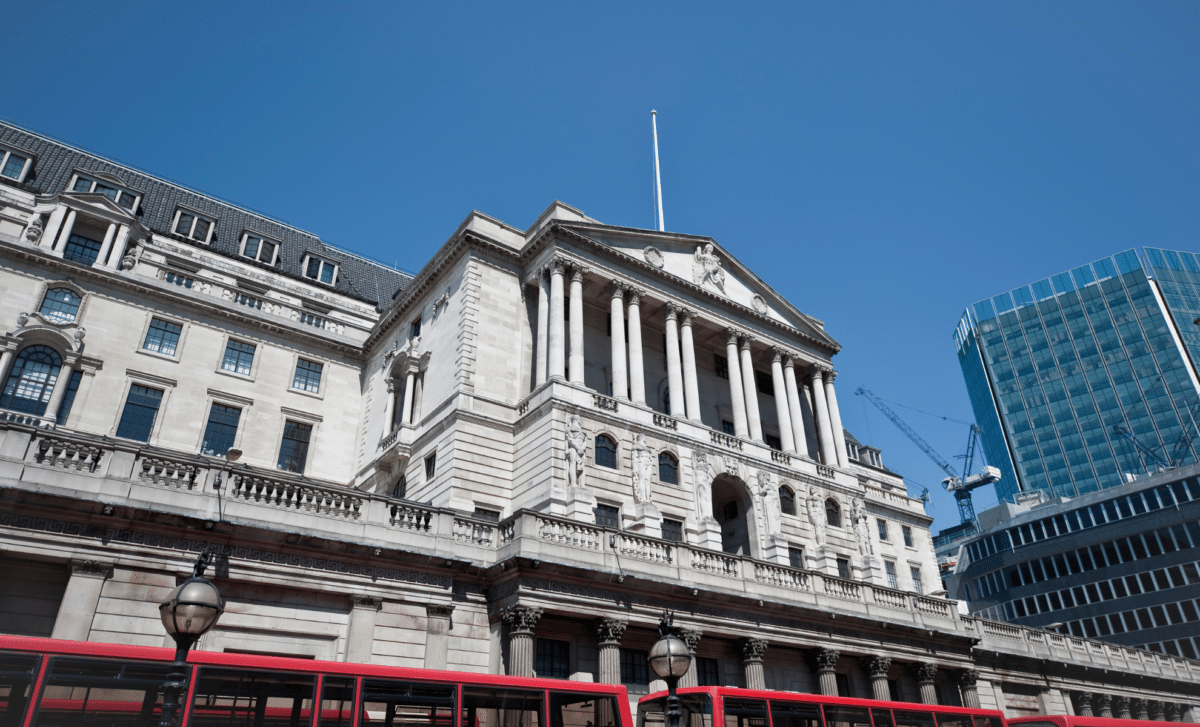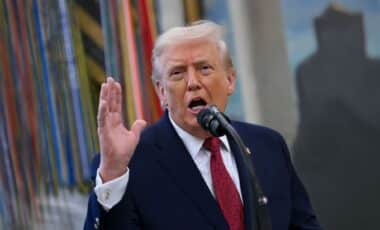The Bank of England is likely to hold interest rates at 5.25% for the sixth time in a row on Thursday. The move comes as inflation, which tracks price increases over time, remained higher than the Bank’s 2% target at 3.2%.
In addition to the interest rate decision, the Bank will announce its current outlook for inflation and the UK economy. The news comes amid promises from both main political parties about how they will boost economic growth.
UK Interest Rates Overview Amid Political Landscape
The health of the UK economy has been under the focus, with a general election slated to take place in the coming months, and economic policies are expected to be a crucial battleground in the race for votes.
Prime Minister Rishi Sunak has already stated that 2024 will “prove to be the year that the economy bounces back” and that the nation has “turned a corner” — yet many households’ budgets remain tight.
While analysts think that rates will remain at their current 16-year high on Thursday, most expect the Bank to drop rates for the first time this summer.
The Bank hiked and then maintained high interest rates in an attempt to decrease the rate at which consumer prices have risen and lower the cost of living.
The premise behind raising interest rates to combat inflation is that by making borrowing more costly, more people will cut back on spending, resulting in lower demand for goods and slower price increases.
However, it is a balancing act, as high interest rates can undermine the economy by discouraging businesses from investing in output and jobs.
Prices began to rise swiftly as demand for commodities surged when COVID-related restrictions were abolished. Shortly after Russia’s invasion of Ukraine, energy and food prices skyrocketed, with inflation reaching a 40-year high of 11.1% in October 2022.
Insights on UK Interest Rates: Perspectives from Experts and Businesses
The bank’s basic interest rate determines the rates established by high street banks and lenders. People tend to pay more to borrow money for items like mortgages, while savers have also received larger returns.
Emma Wall, Hargreaves Lansdown’s head of investment research and analysis, stated that anything other than the Bank’s holding rates would be “a complete surprise”.
She stated that the markets did not anticipate a cut, and that Bank of England Governor Andrew Bailey had not provided “forward guidance” on a change.
However, she noted that rate cuts are “on the horizon” and that Sweden’s national bank’s decision to cut rates on Wednesday “signals the mood music”.
“Rate cuts will be coming in the UK, and in Europe, within the next couple of months,” she stated.
Chief operating officer Fiona Eastwood of Merlin Entertainments, the company that owns Madame Tussauds, stated: “With inflation falling, we’d expect to see interest rates come down”.
“Many of our businesses in the UK hospitality and leisure are still reeling from Covid-related debt, higher interest rates are diverting cash away from investing in the business, but as importantly, it’s about consumer confidence,” continued Ms. Eastwood, who is also a board member of the industry group UKHospitality.
Interest rates are “critical” to the survival of hospitality enterprises, as a quarter of them have no cash reserves and less than a third have less than three months’ worth, according to her.
Head of AJ Bell’s investment analysis Laith Khalaf stated that it was “almost certainly too early for the Bank of England to pull the trigger on a rate cut right now,” particularly in light of the Federal Reserve’s warning that interest rates may remain high.
Markets implied that it was a “coin toss” whether interest rates would be lowered in June, according to Mr. Khalaf, but he added that investors were more inclined to drop rates in August.
After a protracted period of high interest rates, he noted that it is “easy to get drawn into obsessing” over the date of the first rate decrease, but it was also “important to zoom out a bit and take a longer view too”.
“Policy will adjust slowly and the end point won’t be the near zero interest rates of the 2010s.”









